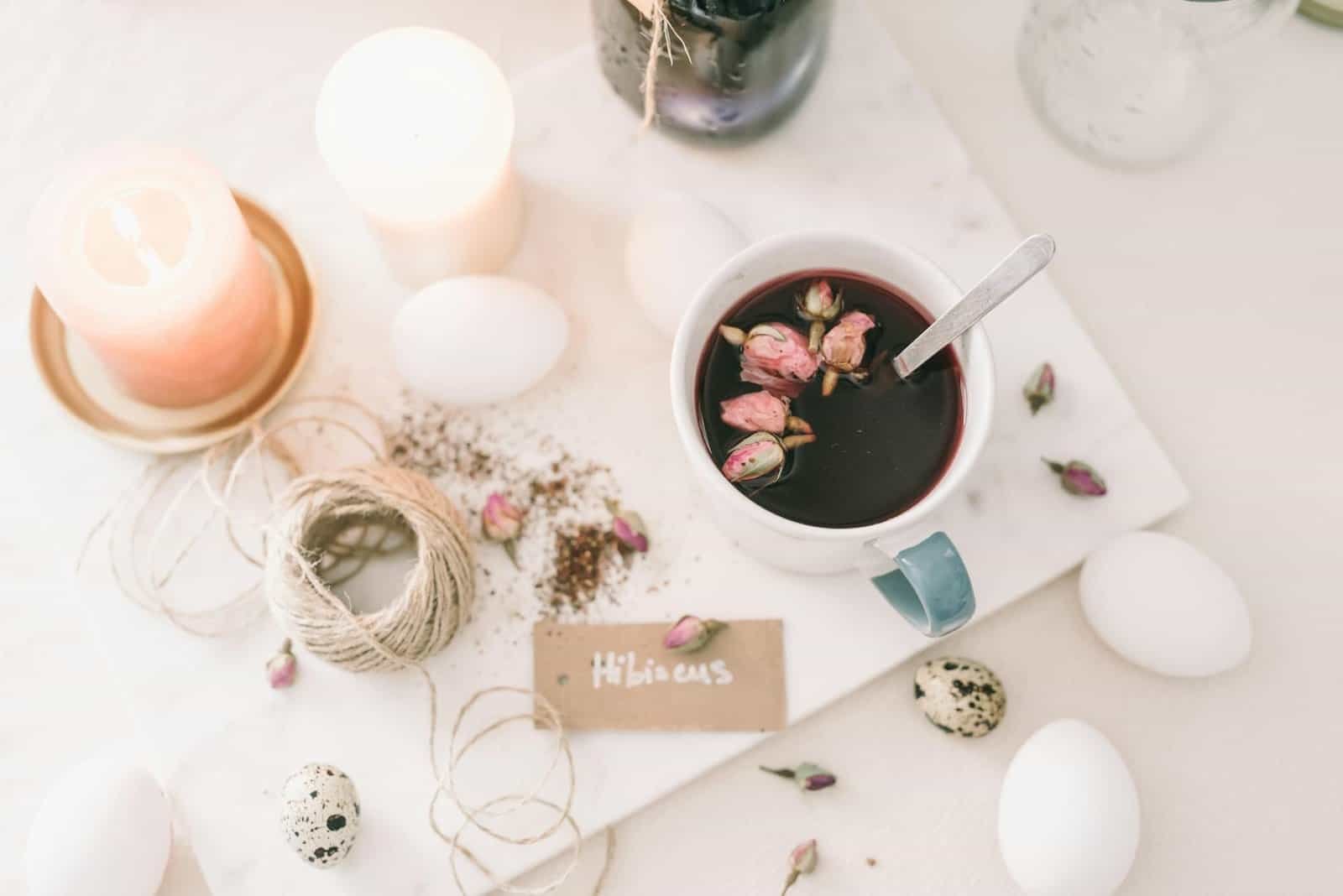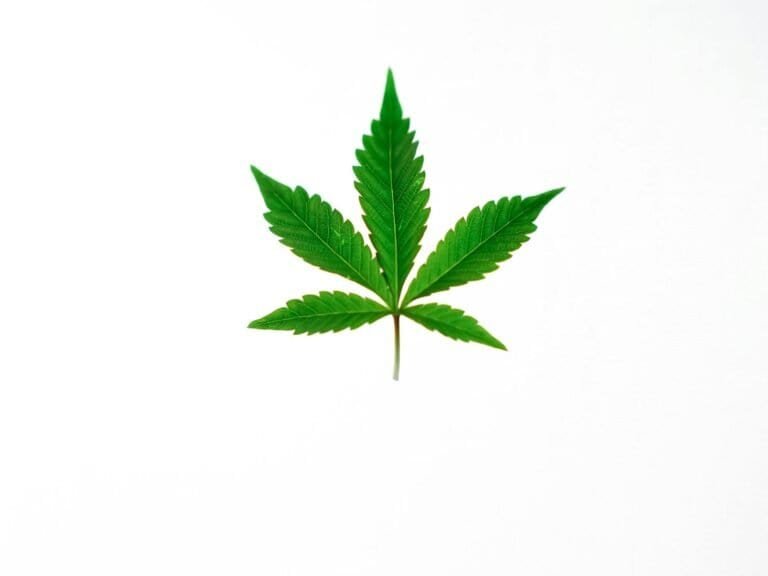Sip Your Way to Health: Exploring the Numerous Benefits of Hibiscus Tea
Hibiscus Tea: A Nutrient-Packed Elixir
Introduction to Hibiscus Tea
Hibiscus tea is a refreshing and flavorful beverage that has been enjoyed for centuries for both its taste and potential health benefits. Made from the dried petals of the hibiscus flower, this vibrant red herbal tea offers a unique and tangy flavor profile. In addition to its delightful taste, hibiscus tea is known for its potential medicinal properties, making it a popular choice among tea enthusiasts and health-conscious individuals.
Nutritional Profile of Hibiscus Tea
Hibiscus tea is not only a delicious beverage but also a nutrient-packed elixir. Let’s take a closer look at the nutritional profile of hibiscus tea:
| Nutrient | Amount per 100g |
|---|---|
| Calories | 37 |
| Protein | 0g |
| Fat | 0g |
| Carbohydrates | 9g |
| Fiber | 0g |
| Vitamin C | 18.4mg |
| Calcium | 6mg |
| Iron | 0.6mg |
As seen in the table above, hibiscus tea is low in calories and fat, making it a great option for those watching their calorie intake. It also contains a small amount of carbohydrates, providing a source of energy. One notable nutrient found in hibiscus tea is vitamin C, which is known for its antioxidant properties and its role in supporting a healthy immune system. Additionally, hibiscus tea contains trace amounts of calcium and iron, which contribute to overall health and well-being.
The vibrant red hue of hibiscus tea is due to the presence of anthocyanins, a type of antioxidant compound. These antioxidants help protect the body against harmful free radicals and oxidative stress. Research suggests that the antioxidants found in hibiscus tea may have various health benefits, such as reducing inflammation and supporting heart health.
With its enticing flavor and potential health benefits, hibiscus tea is a delightful beverage that can be enjoyed both hot and cold. In the following sections, we will explore the numerous health benefits of hibiscus tea, including its rich antioxidant content, potential heart health benefits, and its ability to help lower blood pressure.
Health Benefits of Hibiscus Tea
Hibiscus tea not only offers a delightful flavor but also comes with a myriad of health benefits. Let’s explore some of the key advantages that make hibiscus tea a popular choice among tea enthusiasts.
Rich in Antioxidants
Hibiscus tea is packed with antioxidants, which play a crucial role in protecting the body against the harmful effects of free radicals. These unstable molecules can cause oxidative stress, leading to cell damage and an increased risk of chronic diseases.
The vibrant red color of hibiscus tea is indicative of its high antioxidant content. Antioxidants, such as anthocyanins and flavonoids, help combat inflammation and neutralize free radicals, promoting overall health and well-being.
Potential Heart Health Benefits
Studies suggest that hibiscus tea may have potential benefits for heart health. Regular consumption of hibiscus tea has been associated with a reduction in LDL cholesterol levels, often referred to as “bad” cholesterol. Elevated levels of LDL cholesterol can contribute to the development of heart disease.
Furthermore, hibiscus tea may help improve blood lipid profiles by increasing HDL cholesterol, often referred to as “good” cholesterol. Maintaining a healthy balance of these cholesterol types is essential for cardiovascular health.
May Help Lower Blood Pressure
Another notable benefit of hibiscus tea is its potential to help lower blood pressure. High blood pressure, or hypertension, is a common condition that can increase the risk of heart disease and stroke.
Research suggests that hibiscus tea may have antihypertensive properties, helping to lower blood pressure levels. It is believed that hibiscus tea works by inhibiting the production of certain enzymes that constrict blood vessels, thus promoting better blood flow and reducing hypertension.
To fully experience the potential benefits of hibiscus tea, it is recommended to consume it regularly as part of a healthy lifestyle. As with any dietary changes, it’s always a good idea to consult with a healthcare professional, especially if you have any existing medical conditions or are taking medications.
In the next section, we will explore additional potential benefits of hibiscus tea, including its anti-inflammatory properties, support for weight management, and benefits for skin and hair health. Stay tuned!
Note: The information provided here is for informational purposes only and is not intended as medical advice. Please consult with a healthcare professional before incorporating hibiscus tea into your diet, especially if you have any underlying health conditions or are on medication.
Other Potential Benefits
Apart from its rich nutritional profile and numerous health benefits, hibiscus tea also offers additional potential benefits to enhance overall well-being. Let’s explore some of these benefits below.
Anti-inflammatory Properties
Hibiscus tea contains compounds that possess anti-inflammatory properties. These compounds help to reduce inflammation in the body, which is associated with various chronic diseases and conditions. By incorporating hibiscus tea into your routine, you may potentially support a healthy inflammatory response in the body.
Weight Management Support
For those on a weight management journey, hibiscus tea can be a beneficial addition to your routine. It is a naturally low-calorie beverage that can be enjoyed without adding any extra sugar or sweeteners. Additionally, hibiscus tea has been suggested to support weight management by potentially inhibiting the production of amylase, an enzyme involved in carbohydrate digestion. This may help regulate blood sugar levels and promote a feeling of fullness.
Skin and Hair Benefits
In addition to its internal benefits, hibiscus tea may also contribute to the health of your skin and hair. The antioxidants present in hibiscus tea help to protect the body’s cells from oxidative stress, which is known to contribute to premature aging and damage. Consuming hibiscus tea regularly may help maintain healthy skin by promoting a youthful appearance and improving overall skin health.
Furthermore, hibiscus tea has been traditionally used in hair care due to its potential benefits for hair growth and scalp health. It is believed to nourish the hair follicles, strengthen the hair strands, and promote healthy hair growth. Incorporating hibiscus tea into your hair care routine, such as using it as a rinse or as an ingredient in homemade hair masks, may help improve the condition and vitality of your hair.
By exploring the potential benefits of hibiscus tea, such as its anti-inflammatory properties, support for weight management, and benefits for skin and hair, you can make the most of this nutrient-packed elixir. Remember to consult with a healthcare professional before making any significant changes to your diet or lifestyle. For more information on hibiscus plants, including care and varieties, visit our articles on hibiscus plant care and hibiscus plant varieties.
Brewing and Enjoying Hibiscus Tea
Now that we’ve explored the numerous benefits of hibiscus tea, let’s delve into how you can brew and enjoy this delightful beverage. Whether you prefer it hot or cold, hibiscus tea offers a refreshing and flavorful experience that can be incorporated into your daily routine.
Brewing Methods
Brewing hibiscus tea is a simple process that can be done using dried hibiscus flowers or tea bags. Here are two popular methods to prepare hibiscus tea:
- Hot Brew Method:
- Boil water in a kettle or saucepan.
- Once the water reaches a rolling boil, remove it from heat and add dried hibiscus flowers or a hibiscus tea bag to the water.
- Allow the tea to steep for about 5-10 minutes, depending on your desired strength.
- Strain the tea into a cup or teapot, discarding the flowers or tea bag.
- You can add a natural sweetener like honey or a squeeze of lemon to enhance the flavor, if desired.
- Cold Brew Method:
- In a pitcher or jar, combine water and hibiscus flowers or tea bags.
- Place the pitcher in the refrigerator and let it steep for 4-6 hours or overnight.
- Once the desired strength is achieved, strain the tea into another container to remove the flowers or tea bags.
- Serve the chilled hibiscus tea over ice and garnish with a slice of citrus or fresh mint leaves.
Serving Suggestions
Hibiscus tea can be enjoyed as is or customized to suit your taste preferences. Here are a few serving suggestions to enhance your hibiscus tea experience:
- Add a touch of sweetness: If you prefer a sweeter taste, you can sweeten your hibiscus tea with a natural sweetener like honey, agave syrup, or stevia. Adjust the amount to your liking.
- Explore flavor combinations: Enhance the flavor of hibiscus tea by adding complementary ingredients like ginger, cinnamon, mint leaves, or a splash of fruit juice.
- Serve it cold: Fill a glass with ice cubes and pour hibiscus tea over it for a refreshing iced tea experience. You can also experiment with adding fresh fruits or herbs to infuse additional flavors.
- Mix it up: Combine hibiscus tea with other herbal teas or fruit infusions to create unique blends. For example, try mixing hibiscus tea with chamomile, green tea, or fruit teas for a delightful twist.
Incorporating Hibiscus Tea into Your Routine
To fully enjoy the benefits of hibiscus tea, consider incorporating it into your daily routine. Here are a few ideas:
- Start your day with a warm cup of hibiscus tea instead of your usual morning beverage. It can provide a refreshing boost to kickstart your day.
- Enjoy a cup of hibiscus tea as an afternoon pick-me-up to help you stay hydrated and invigorated.
- Replace sugary drinks with hibiscus tea as a healthier alternative. It offers a naturally sweet and satisfying taste without the added sugars and artificial flavors.
- Experiment with hibiscus tea-infused recipes, such as hibiscus iced tea popsicles, hibiscus tea smoothies, or hibiscus tea-based cocktails (for those of legal drinking age).
By exploring different brewing methods, serving suggestions, and incorporating hibiscus tea into your routine, you can savor the numerous benefits and flavors that this vibrant beverage has to offer. For more information on hibiscus plants, care, and varieties, check out our articles on hibiscus plant care, hibiscus plant varieties, and how to propagate hibiscus plants.







